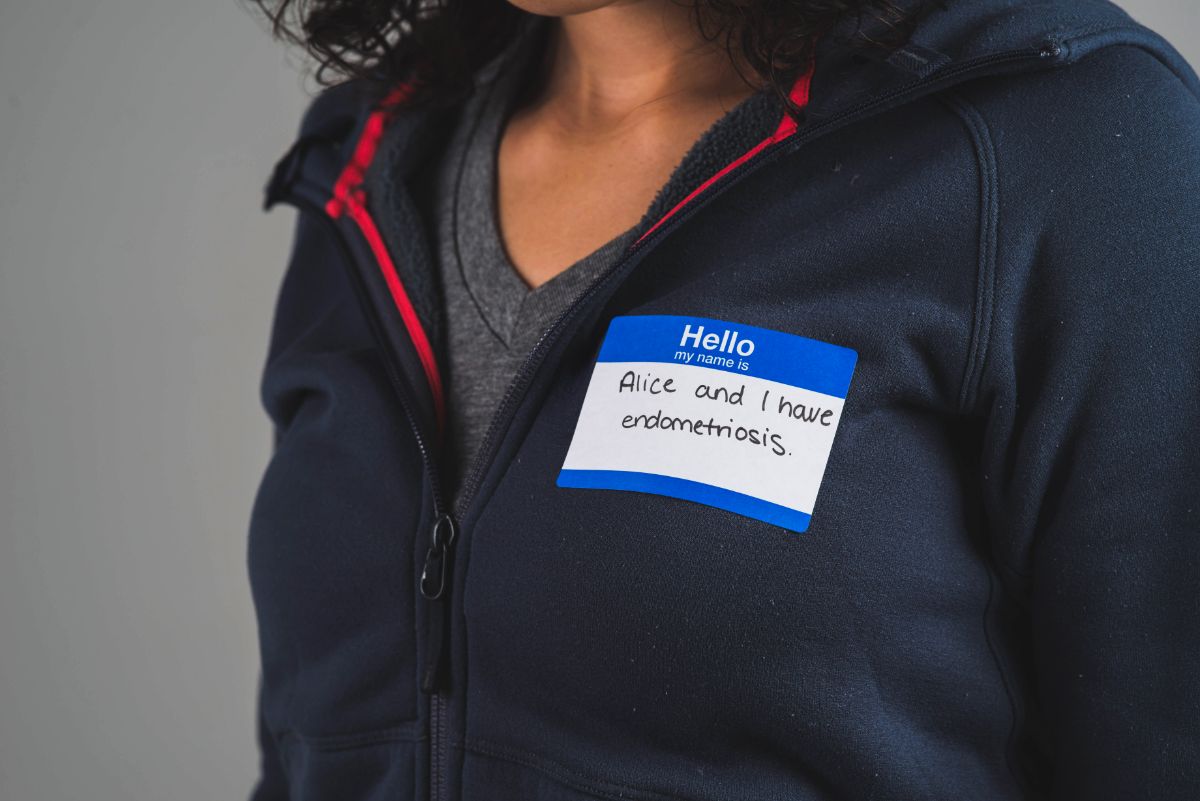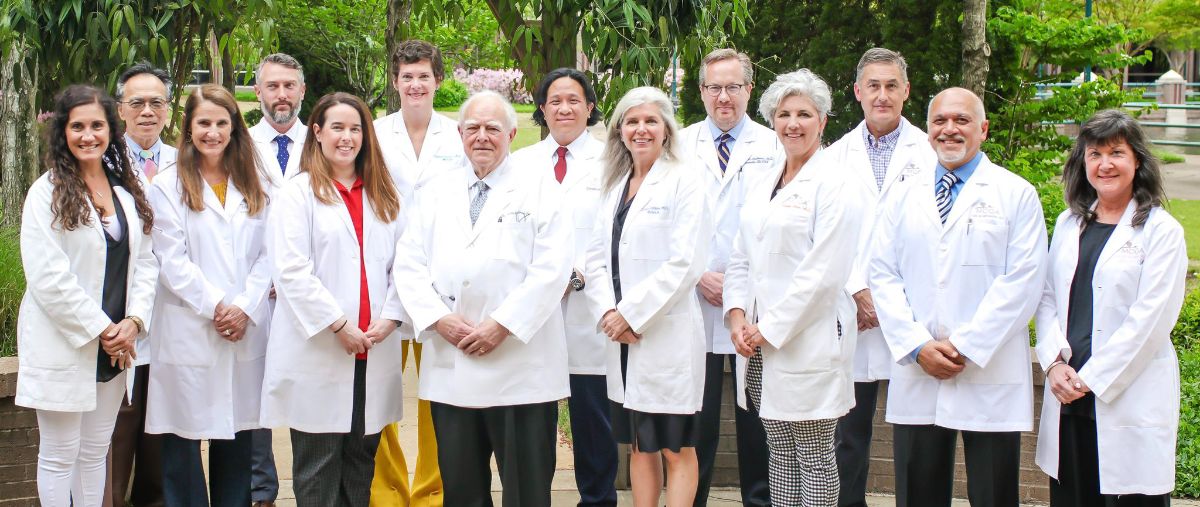The chances are high that you know someone diagnosed and lives with diabetes. It is a common condition that most of us have grown up hearing about in some capacity, even if it didn’t directly affect you or your family members. People talk about it, and asking questions about diabetes seems like a genuine act of caring. So, it’s quite a surprise to most people to find out that endometriosis affects about one in ten women worldwide, making it about as common as diabetes in women.
Despite endometriosis recently being recognized as one of the most potentially excruciating and destructive medical conditions on record, the lack of awareness of this debilitating condition contributes to many women suffering far too long before their diagnosis. While women’s health concerns have been whispered with discretion for many decades, endometriosis awareness should be as common as our diabetes discussions, affecting so many today.
The best way to get the word out about something important is to do just that: get the words out and talk about it. But, before we can raise awareness, let’s go over the basics of endometriosis and some common symptoms that may indicate you or someone you love needs treatment.
What is endometriosis?
Endometriosis is a chronic condition in which endometrial tissue grows outside the uterus. This tissue is the material that typically lines the womb, but for those who have endometriosis, it grows in places it shouldn’t be, like on ovaries and fallopian tubes or other parts of the lower pelvis.
While this may not seem detrimental, this tissue thickens, breaks down, and bleeds with each menstrual cycle with no way to be expelled. This buildup of tissue irritates the surrounding tissue and what it has attached to, causing painful scar tissue and adhesions to form. The scar tissue and repeating process can have a domino effect of complications leading to more severe health concerns over time.
What are the symptoms of Endometriosis?
Those who have endometriosis can face a lifetime of severe disability and symptoms throughout the entire body, including:
- incapacitating pain,
- organ failure,
- several repeat surgeries,
- infertility,
- increased risk for cardiovascular disease and certain cancers,
- immune and endocrinological dysfunction,
- damage to multiple organs and tissues
While pelvic pain, especially pain occurring around the same time as a woman’s menstrual cycle, is the most common women begin to question whether or not they have endometriosis, other common symptoms that lead to a diagnosis are:
- Pain with intercourse, urination, or bowel movements
- Pain in the lower back
- Excessive bleeding
- Infertility
- Fatigue
- Diarrhea or constipation
- Bloating or nausea
Because most of these symptoms are more prevalent during the menstrual cycle, they are often overlooked and lead to the lack of diagnosis and the need for greater awareness that this is common and can be treated. And, with such widespread yet severe and chronic symptoms, it’s no wonder endometriosis is one of the leading causes of school absences in teen and pre-teen girls.
Raising Awareness for Endometriosis
A disease that has been described as more painful than childbirth labor, one of the leading causes of gynecologic hospitalization, and is nearly as prevalent as diabetes shouldn’t be a mystery to the medical community and shouldn’t take up to ten years or longer to diagnose.
The decades-long failure of modern medicine to adequately diagnose and treat this chronic disease in women and girls has caused harm, including preventable disease progression, lost fertility, permanent damage to multiple organs, and a lifetime of lost opportunities to pursue a career, educational, and family goals.

Ways to Raise Endometriosis Awareness
Now that we’ve covered what endometriosis is and what to look out for, it’s time to go talk about it. Of course, if you are concerned that you may be suffering from any of these symptoms and wondering if your experience may indicate endometriosis, this is a conversation best had with your doctor to begin getting the relief you need to get back to living life the way you want. But how else can you raise awareness for this common condition?
Talk about endometriosis facts with your friends and family.
One of the easiest ways to raise awareness about this prevalent and painful condition is simply talking about it in your social circles. Ask if other women have heard about it or experienced it for themselves. If not, share your knowledge on it and encourage them to be aware of how these symptoms may present in their lives. If you know someone experiencing endometriosis, be curious about their personal experience and how it affects them. This understanding can foster a lot of conversation with others, as well.
Share articles on social media
Everyone is on social media in some capacity, and many people have even admitted to getting most of their daily news from social media. This popularity makes social media a great way to share information with many people in your social circles at one time. Many official organizations like the Endometriosis Association and Endometriosis Foundation of America share helpful information and resources about the painful condition in colorful and easy-to-understand ways.
Be active in Endometriosis Awareness Month
The entire month of March is globally dedicated to Raising Endometriosis Awareness and is celebrated with yellow ribbons. It began in 1993 and is now observed worldwide through activities such as educational forums and outreaches, fundraising of all kinds, and marches to raise both awareness and the funding needed to provide care and continue research on this condition.
Get Political
Becoming an endometriosis advocate is an opportunity for you to use your voice to help promote policies that could benefit other women. One way to make a difference is to join organizations and participate in their advocacy campaigns, which often prove successful.
Endometriosis Foundation of America’s UpEndo Coalition is an effort designed to promote advocacy, educate the public, and raise awareness that came from advocacy from supporters like you.
Talk about your experience
If you have been diagnosed with endometriosis, you can help others learn about the condition and understand your medical journey by starting your own blog or sharing your story online. People are more likely to take the time to listen and understand when it comes from a personal connection, so every case is vital in the fight for awareness.

To raise awareness or find relief from endometriosis, trust MOGA!
While more people know about the condition today, there’s still a significant demand for greater understanding, especially when it comes to diagnosis and treatment. No one deserves to suffer from debilitating pain or severe health concerns resulting from endometriosis!
At MOGA, our expert team has helped hundreds of women manage the disruptive side effects of endometriosis, and we’d love to help you. If you wonder if you’re at risk or have more questions on how to help raise endometriosis awareness, you can make an appointment at one of our convenient Memphis offices.
